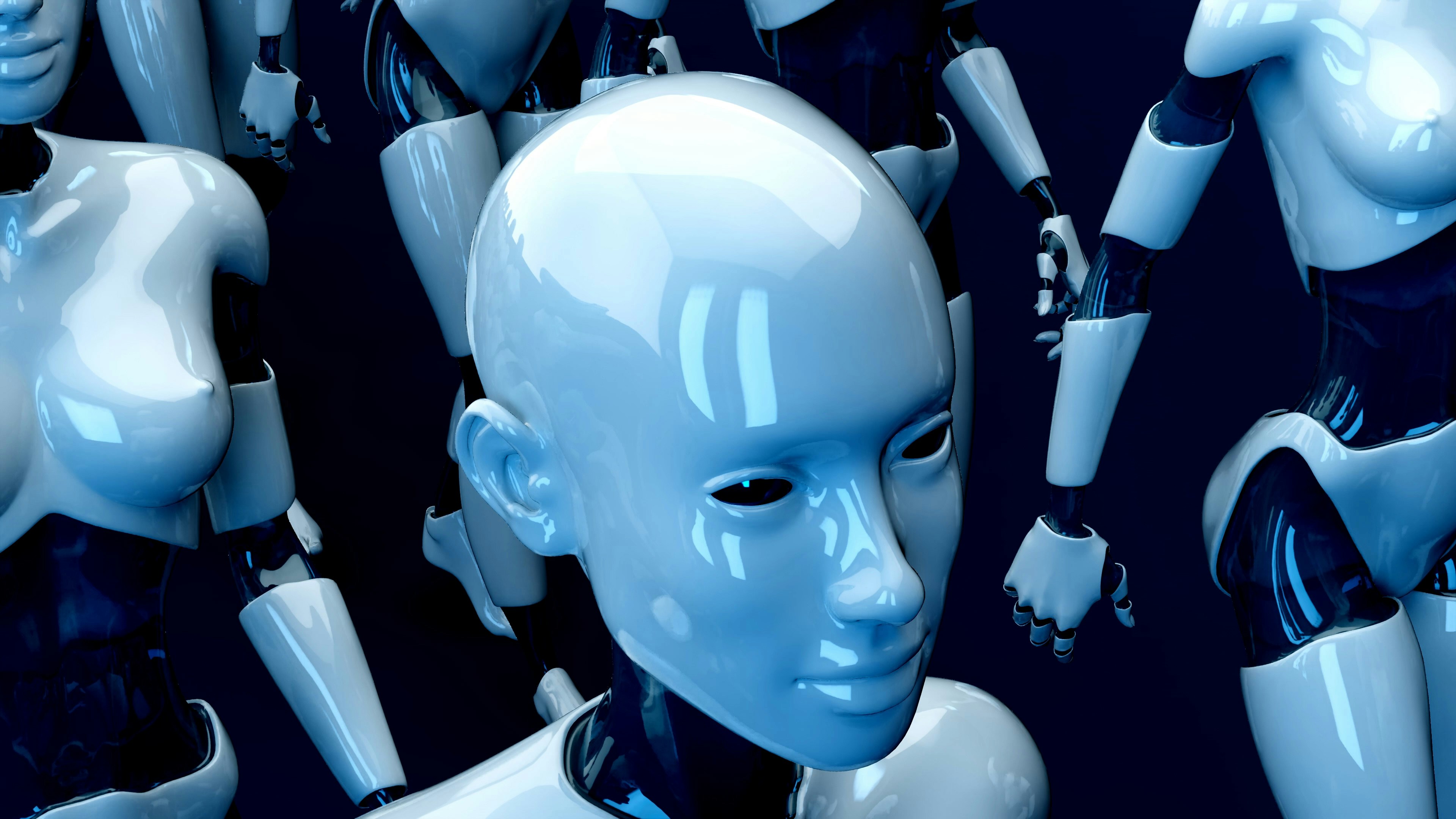What is an AI Agent?
Jul 5, 2025
Introduction to AI Agents
The Rise of Intelligent Automation
The digital transformation of business has accelerated with the adoption of artificial intelligence (AI). One of the most powerful innovations driving this change is the emergence of AI Agents—autonomous systems designed to perceive, reason, and act with minimal human intervention.
Why AI Agents Matter Today
Unlike traditional AI tools that rely on rigid workflows, autonomous AI Agents are flexible, context-aware, and capable of learning from experience. They have become foundational elements in modern AI systems, especially in finance, operations, and customer data processing.
Definition of an AI Agent
Basic Concept and Core Capabilities
An AI Agent is a software-based entity that interacts with its environment, processes data, and takes actions to fulfill specific goals. It may use machine learning, natural language processing, and even generative AI to make decisions, perform tasks, or assist human users.
This concept is rooted in agent-based architecture, where intelligent agents operate as independent components within a broader AI system—often collaborating in multi-agent systems to achieve complex outcomes.
Difference Between AI Agents and Traditional Automation
Traditional automation depends on predefined rules. Autonomous AI Agents, in contrast, continuously learn from data and context. They can reason using probabilistic logic or large language models, adapt to new information, and respond intelligently—without the need for constant human input.
How AI-powered Agents Work
Perception, Reasoning, and Action
AI-powered agents operate through a continuous loop:
Perceive their environment through data sources like emails, ERPs, sensors, or customer data.
Reason by applying logic, goals, or models such as large language models or decision trees.
Act by executing tasks like updating records, sending alerts, or triggering other workflows.
This process, central to agent building, enables these agents to operate intelligently and autonomously.
Integration with Existing Systems
AI-powered agents can integrate seamlessly with your organization’s tech stack. By connecting with systems like CRMs, ERPs, and analytics platforms, they help automate workflows, minimize manual errors, and unlock real-time visibility—particularly across procurement, finance, and the supply chain.
Types of AI Agents
Reactive and Goal-Based Agents
Some AI Agents are reactive—they respond to triggers such as invoice submissions or service requests. Others are goal-driven and use machine learning to optimize decisions over time. These goal-based agents can adapt as business conditions evolve.
Multi-Agent Systems and Collaborative Agents
In many enterprises, multiple AI-powered agents work together as part of a multi-agent system. For example, one agent might gather customer data, another processes invoices, and another updates inventory records—cooperating to improve end-to-end business processes.
Real-World Use Cases
AI Agents in Finance and Accounting
In finance, AI-powered agents perform tasks such as bank reconciliation, invoice processing, P&L variance analysis, and KPI reporting. With help from large language models, they can generate easy-to-understand summaries in natural language, helping financial teams make faster, data-driven decisions.
AI-powered Agents in Operations and Customer Service
In operations, these agents automate inventory management, supplier updates, and logistics coordination. In customer service, AI-powered agents use generative AI to respond to common inquiries, understand customer data, and even escalate issues intelligently—reducing workload and improving response times.
Benefits of Using AI-powered Agents
Speed, Scale, and Cost Reduction
AI-powered agents work 24/7 and can complete high-volume tasks in seconds—without fatigue. They dramatically reduce operational costs and cycle times while increasing consistency and throughput.
Enhanced Decision-Making
Because these agents process real-time data and integrate with analytics platforms, they help companies make faster, more informed decisions. Through natural language explanations and dashboards, insights become more accessible across departments—not just technical users.
Better Use of Customer Data
By tapping into customer data sources (CRM, emails, chat logs), AI-powered agents can segment users, personalize services, and track satisfaction metrics. This level of intelligence drives better customer experiences and operational alignment.
Challenges and Considerations
Data and System Integration
For AI Agents to function effectively, businesses must ensure clean and accessible data pipelines. Disconnected systems or poor data quality can limit results. A strong foundation in agent building and a phased rollout plan are key to long-term success.
Organizational Buy-in
Even with clear ROI, AI-powered agents require cultural acceptance. Teams need to trust the outputs of these agents and understand how they augment—not replace—human roles. Training and transparency are essential for adoption.
Agent Building: From Concept to Deployment
Agent building refers to the process of designing, training, and deploying AI-powered agents for specific business tasks. This includes:
● Defining objectives and performance criteria
● Selecting appropriate models (e.g., rules, large language models)
● Integrating the agent into workflows and tools
● Testing and refining with live data
At scale, companies build AI systems that include multiple agents for different functions—creating a digital workforce that operates in sync with human teams.
The Role of Agentic AI
Agentic AI refers to systems where AI agents act with purpose and autonomy, often interacting with users and systems directly. These are more than passive automation tools—they are proactive, collaborative, and adaptive. Businesses using Agentic AI can orchestrate complex workflows that span multiple departments, tools, and data sources.
Conclusion
AI Agents are changing the way modern businesses operate. From autonomous agents managing procurement to AI-powered agents interpreting financial data, these digital assistants are streamlining operations, reducing costs, and driving smarter decisions.
By combining machine learning, natural language, and large language models, today’s agents can perform tasks that once required entire teams. As more businesses embrace Agentic AI and build their own custom AI systems, the shift from manual processes to intelligent automation becomes not only possible—but essential.
Ready to deploy AI-powered agents in your organization?
At Bizpoint, we specialize in building custom AI-powered agents that automate operational workflows, optimize your customer data, and plug into your existing tech stack. Whether you’re starting with a single workflow or looking to scale across departments, our experts in agent building and deployment can guide you every step of the way.
👉 Schedule a free consultation with Bizpoint and see how autonomous AI Agents can transform your finance, operations, and supply chain—one intelligent assistant at a time.
